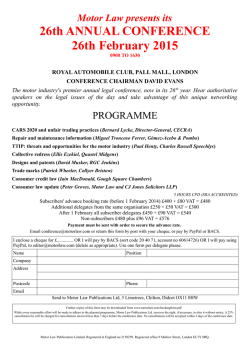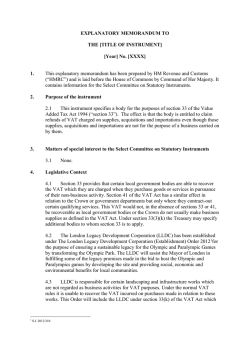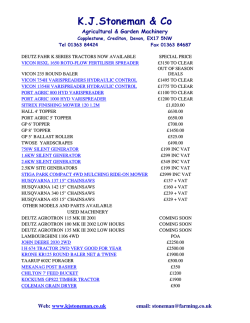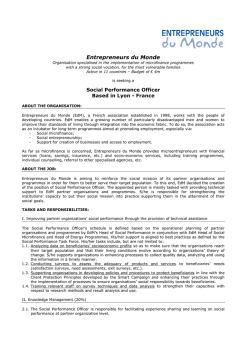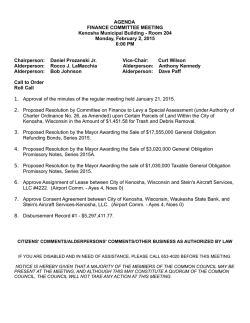
Short Courses
Accrediting Active & Experiential Learning Gareth Lewis National Development Co-ordinator Programme Welcome Introduction: A brief overview of ASDAN ASDAN Short Course: which one is right for your learners? ASDAN Short Course: structure How to add value to ASDAN Programmes Overview of ASDAN • Bristol-based educational • Assessors are actively charity providing courses engaged in moderation to thousands of UK and process international schools, • Sharing of good practice colleges, youth centres and ideas through local and training providers networks • Awarding organisation for • Nationally recognised QCF, NQF & SCQF accreditation through qualifications approved by engaging & flexible all awarding authorities in learning programmes. the UK Current scene – why ASDAN’s methodology is effective The First Steps report (CBI 2013) called for a “more rounded and grounded” education system. “Personal behaviours and attributes (character) play a critical roles in personal effectiveness.” The 2013 CBI/Pearson Education and Skills Survey identified communication skills and self-management as among employers’ top priorities from schools. The 2014 British Chambers of Commerce Skills and Employment manifesto (BCC 2014) calls for intensified efforts from schools and the youth sector to help pupils develop “soft employability skills”. ASDAN Short Courses • Short Courses are internally moderated only. • Certificates for Short Courses can be requested online following successful internal moderation. • Available in blocks of 10 hours up to a maximum of 60 hours (i.e. 10, 20, 30, 40, 50 and 60 hours ASDAN Short Courses ASDAN Short Courses Programme structure: Requirements All ASDAN Short Course Programmes have the same structure based around the following six requirements: 1. The Student Book This is the curriculum and contains a selection of graded challenges. It also contains essential recording documents. Each student must have a copy of the relevant student book. Programme structure: Activity 1 Using a Short Course student book, consider what challenges are already being covered through your usual curriculum delivery in your centre. (Remember: don’t reinvent the wheel, look to exploit existing practice. Programme structure: Requirements 2. Skills Sheets These sheets help the learner to formalise the planning and reviewing process and to develop specific skills when students carry out their chosen challenges. Programme structure: Requirements 3. Summary of Achievement An opportunity to highlight achievement and describe the skills used in completing the award. 4. Personal Statement A means of encouraging the learner to reflect on what they were good at and what they need to improve. 5. Record of Progress An important page that records the challenges completed and the credits gained. Programme structure: Portfolio of evidence Activity 2 6. The Portfolio of Evidence An organised collection of material that proves the challenges have been done. Suitable evidence might include: • Video/audio recordings • Emails/letters • Receipts • Plans • Consent forms • Posters • Witness observations • Questionnaires • Maps • Photographs • Scripts • Certificates • Logbook • Task sheets • Drawings/designs • Minutes • Travel/events tickets • Feedback • Newspaper clippings • Attendance sheets Programme structure: Identifying skills As students progress through and ASDAN programme they are expected to think about the skills they have used: • Teamwork • Learning • Coping with Problems • Use of English • Use of Maths • Use of IT ASDAN Short Courses: Pricing… Short Courses Time Available in blocks of 10 hours up to a maximum of 60 hours (i.e. 10, 20, 30, 40, 50 and 60 hours) ASDAN Annual Membership fee is £350 +VAT. ASDAN Short Course carries a reduced Annual Membership fee which is £175 + VAT. Costs £7.10 per student (choice of Short Course book) + £2.00 per certificate Part 4 How to add value
© Copyright 2026



